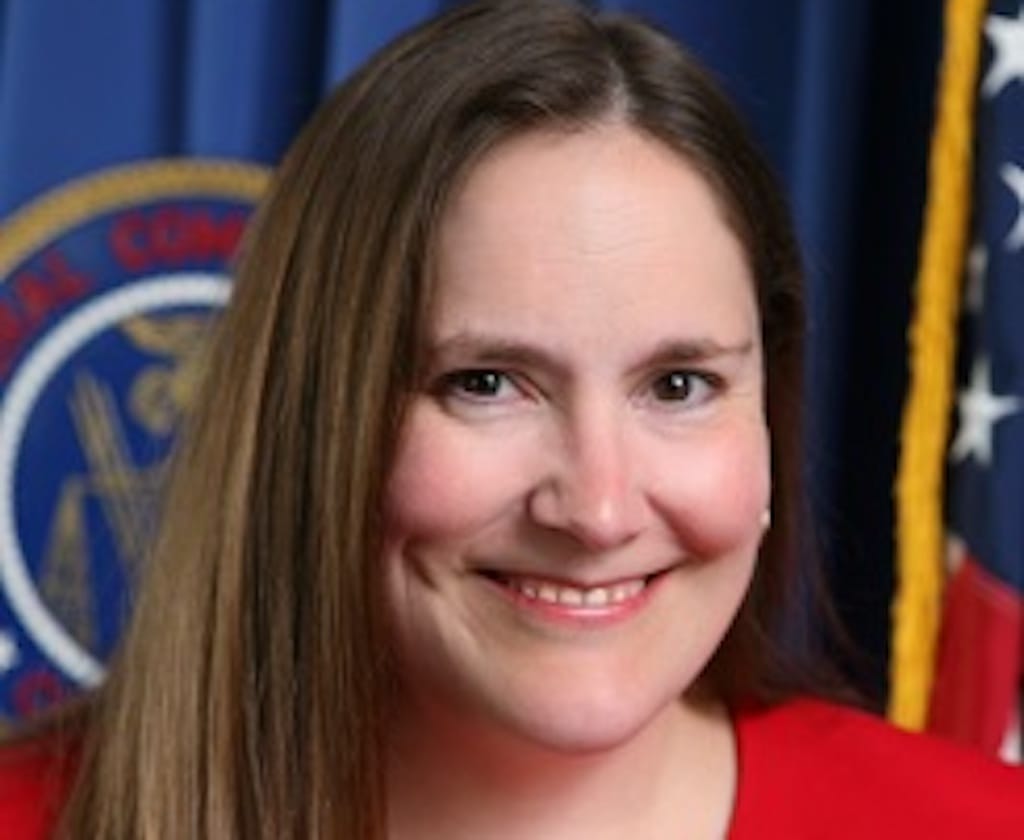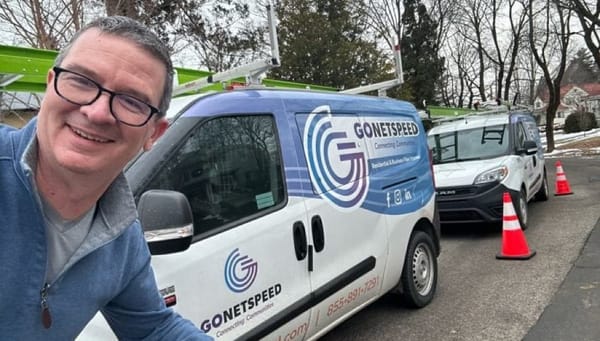Major Cities Keep Pressing FCC For Cable Broadband Fees
By not having to pay broadband fees, cable has an advantage over broadband-only providers, the cities say.
Ted Hearn

WASHINGTON, January 29, 2024 – Some major U.S. cities keep pressing for the right to impose fees on the broadband revenue of cable companies.
Currently, cities may impose fees on cable’s traditional video revenue, but a Federal Communications Commission rule shields cable’s substantial broadband revenue from similar treatment.
Representatives for major U.S. cities – including Philadelphia, Seattle, and Minneapolis – were in contact with FCC officials several times in January, asking for the immediate repeal of the agency’s “mixed-use” rule, the one that prevents assessments on cable’s broadband revenue.
Over the past few weeks, city representatives have held meetings with FCC Media Bureau Chief Holly Saurer and several or her deputies; an aide to Commissioner Geoffrey Starks; and two aides to FCC Commissioner Anna Gomez.
Financially, the stakes are high. According to S&P Global estimates, cable operators’ annual broadband revenue is about $75 billion. A 5% fee on that amount could yield cites about $3.75 billion in the first year, though the fees would likely get passed on to Internet subscribers.
One argument that cities make is companies that want to build broadband networks without a cable TV component need to obtain local approval and pay fees. By not having to pay broadband fees, cable has an advantage over broadband-only providers, the cities say.
Whether the FCC can invalidate the mixed-use rule with a simple majority vote is a matter of dispute. While some cities argue the agency can act right away, cable industry representatives maintain that the agency would need to seek public comment on a proposal to change the mixed-use rule.
Cable’s payment of franchise fees over the years has supported municipal budgets. But with millions migrating from cable TV to streaming platforms, cable’s franchise fee payments have been shrinking.
In the fourth quarter of 2023, Comcast lost 389,000 video subscribers in keeping with the multiyear trend. But Comcast’s Peacock streaming service added 3 million subscribers in the quarter, bringing the streaming service to 31 million overall.
Comcast does not pay any portion of Peacock’s revenue as a franchise fee.
Ted Hearn is the Editor of Policyband, a new website dedicated to comprehensive coverage of the broadband communications market. This piece was published on Policyband on January 27, 2024, and is reprinted with permission.







